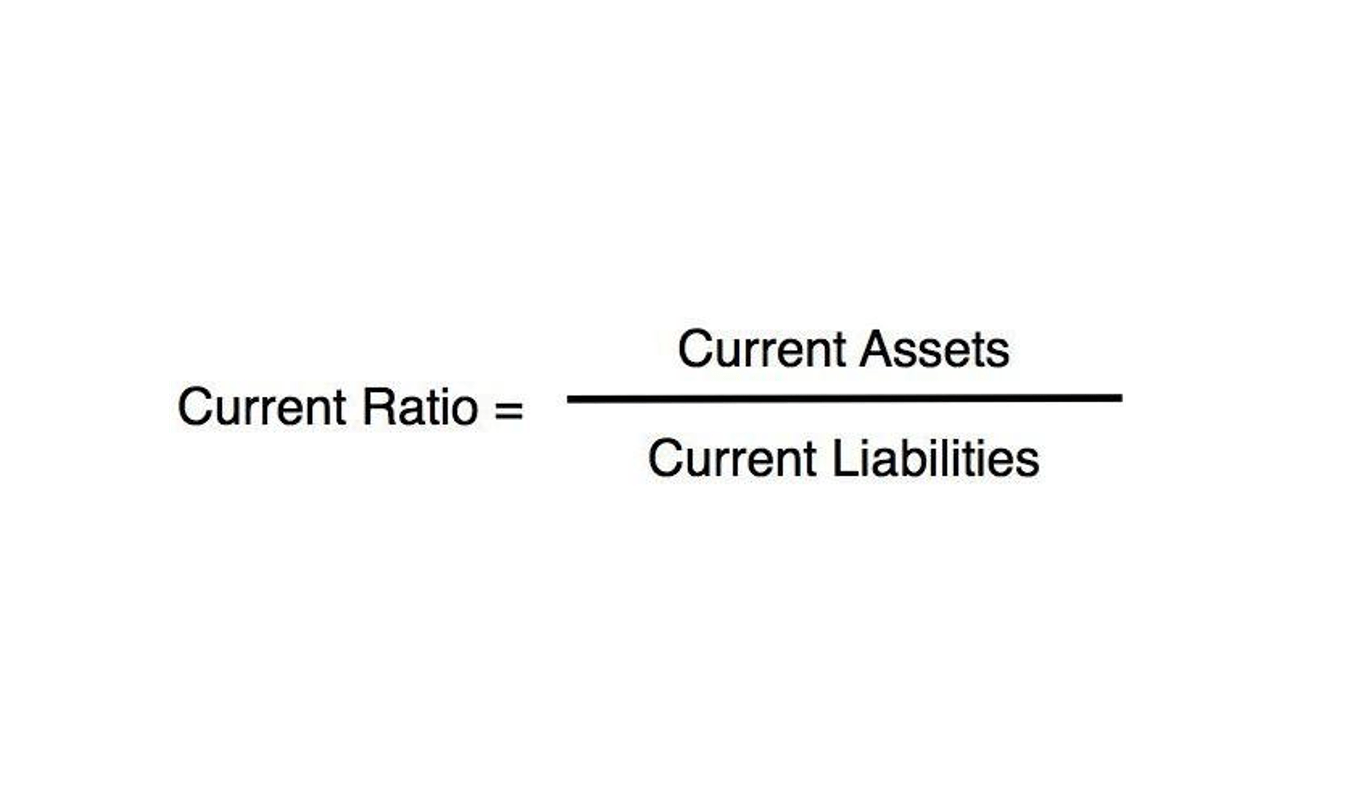
With diligence, organization, and the right tools, you can turn bookkeeping from a daunting task into a valuable asset for your business. To improve your bookkeeping skills, consider taking a course in basic accounting or bookkeeping. Many community colleges and online platforms offer relevant courses. Additionally, familiarize yourself with accounting software to streamline your processes.
What Is Accounting?
Develop and adhere to standardized procedures for data entry, reconciliation, and reporting. Consistent practices facilitate easier review and reduce the likelihood of errors. Documenting processes also helps How to Run Payroll for Restaurants in onboarding new team members and maintaining institutional knowledge. Imagine a multinational retail corporation, Global Mart, running in diverse international locations. Its company accounting department oversees economic sports across all subsidiaries.
- Many community colleges and online platforms offer relevant courses.
- For a small business, this can be a great way to get the benefits of having a dedicated bookkeeper and accountant without the need to build out your own accounting and bookkeeping department.
- When you implement a proper bookkeeping system, you can get up-to-date, accurate records, avoid missing transactions, and have better control over your business savings account.
- A separate savings account could help manage these funds, ensuring you have enough to cover your tax bills.
- In the evolving world of business, efficient bookkeeping is more crucial than ever.
Unpaid and Paid Creditors/Bills
To optimize cash flow disparity, monitoring accounts receivable alongside terms negotiation with patients and scheduling automated payment reminders is essential. Healthcare practices should provide countless payment methods that combine credit cards with online systems because both features enhance the speed of transactions. The most common mistakes include mixing personal and business finances, neglecting to monitor all expenses, and not adjusting bank accounts. To maximize tax deductions and stay compliant, it is of the utmost importance to organize your receipts for taxes and financial records. Keep a detailed record of every business-related expense, bookkeeping tips including digital and physical receipts. This simplifies tax filing and also protects you in case of an audit.

Mixing personal and business expenses

You’ll want to do invoicing weekly in most cases, although some businesses may invoice monthly or as they make credit sales. You’ll want to gather and record all your transactions, usually weekly, but you can do this daily or bi-weekly, depending on your volume. This includes recording revenue such as product sales and expenses like purchasing supplies. Digital copies work perfectly, and with Wave’s receipts feature, you can snap a photo of your receipts and attach them directly to your transactions.

- Business owners running LLCs or corporations must keep their finances separate – it’s the law.
- Usually, small business owners have to do the bookkeeping themselves by recording transactions in bookkeeping software or Excel and collecting and organizing all receipts.
- You’ll also have plenty of time to focus on other essential aspects of the business.
- It’s the basis of accurate financial reporting, smart financial planning, and smooth tax preparation.
- A good bookkeeper is more than just a number cruncher; they are a valuable partner in your business’s success.
It helps ensure that resources are allocated efficiently, and it provides a framework for tracking progress against financial objectives. Keeping a close eye on debt and credit is crucial to maintaining healthy cash flow and financial stability. For SMBs, this is especially important as they often have limited access to funding and tighter margins. Regularly reviewing loan terms, interest rates, and credit limits helps prevent overleveraging, manage financial risks, and ensure sufficient liquidity for operational needs. Yes, if your finances are straightforward and you keep at https://pedomedix.de/free-and-open-source-web-based-accounting-software/ it regularly.
- Remember, professionals ensure accuracy and compliance, reducing the risk of errors.
- You can expect most bookkeepers to maintain the general ledger and accounts while the accountant is there to create and interpret more complex financial statements.
- Accurate forecasting also helps manage debt and ensures timely investments to support growth.
- This is generated by looking at your assets and what you own versus your liabilities and outstanding debts.
- The process of comparing your internal financial records with bank statements might seem boring, but it plays a vital role in maintaining financial clarity.